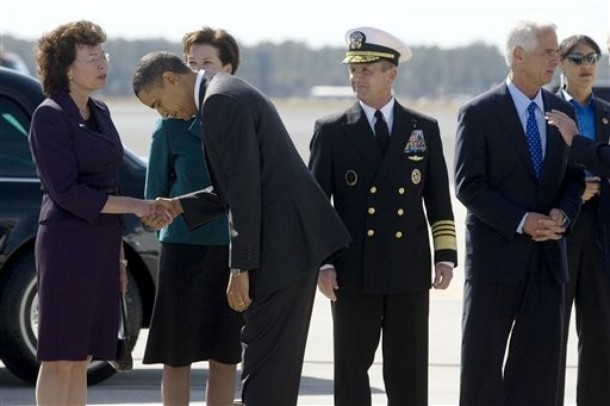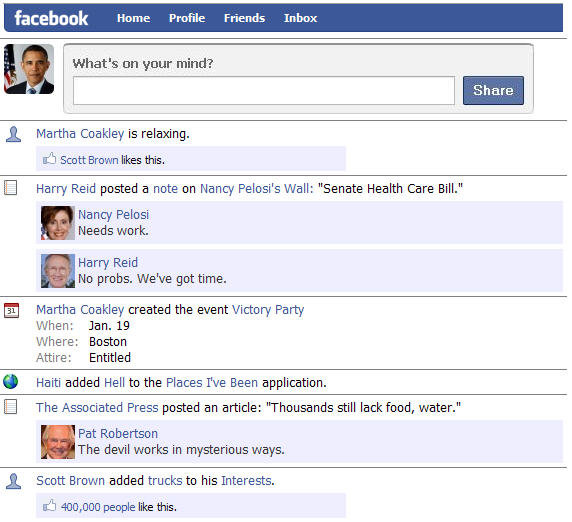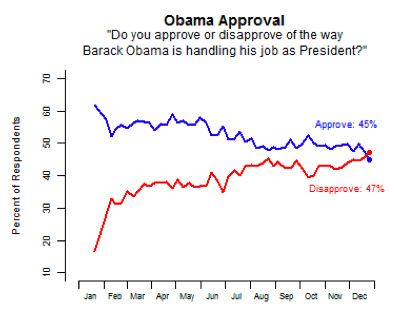If you’re a fan of German sports cars, this might be a swan song for your preferred makes and models:
In a few years, by 2016 to be exact, P.J. O’Rourke’s “ass-engined Nazi slot car” may be history in the U.S.A. Gone. By that time, Porsche needs to have a Corporate Average Fuel Economy (CAFE) of 41.4 mpg — if President Obama gets his wish. Mission impossible, says Porsche. Jack Baruth, stock up. Porsches will be extinct.
On May 19, 2009 President Barack Obama proposed a new national fuel economy program. If signed into law in May this year, as currently planned, the law will throw a nasty punch, beginning in the model year 2012.
Porsche-Lobbyist Stefan Schläfli talked to the German Edition of the Financial Times, before taking off for Washington for a last ditch effort to save the endangered species. Says the FTD: “Hardest hit will be German producers of premium brands which sell big-engined large cars. Critics in the German camp don’t think this is a coincidence. The formulas used to calculate the maximum permissible values are tailor-made for U.S. manufacturers. Basis for the calculation will be wheel base and track width — highly unusual criteria.”
A short and compact Porsche is faced with much stricter limits than a Corvette. Not to mention a pick-up. Large manufacturers turn into a CAFE-society, and can offset their thirsty oinkers with smaller cars. Porsche doesn’t have that option. Neither does Aston Martin, Jaguar, Land Rover and other eclectic brands.
Now that the government has a major financial stake in GM and Chrysler, they don’t even need to pretend to be even-handed in their regulatory fixes.






